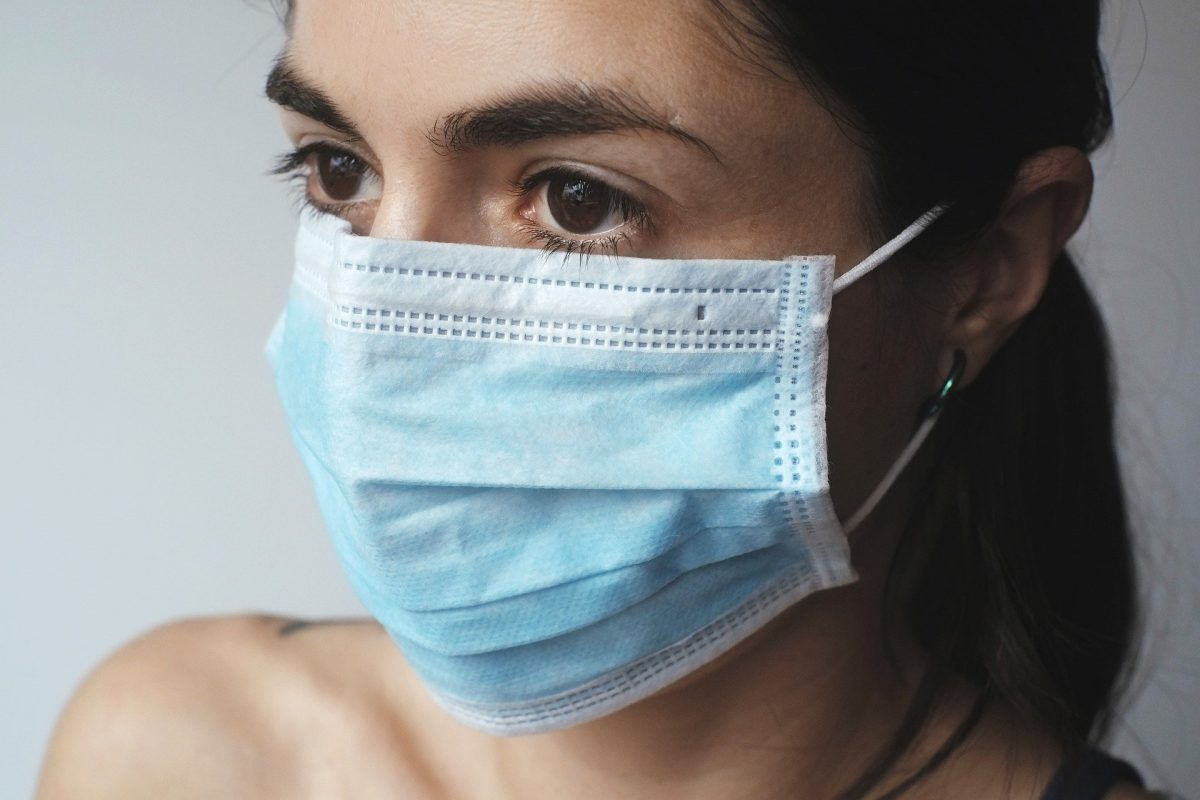The unexamined life is not worth living.
Socrates (allegedly)
The ongoing pandemic challenges our moral thinking. Every action, more so than ever, can have severe consequences. Even mundane tasks such as grocery shopping come at a risk, though little.
So far, our main protection against covid-19 is vigilance. But, even that relies on trust towards the ones around us, since complete isolation is not an option for many.
What role should government take in this equation, of protection one individual against another?
According John Locke, the foremost reason for installing a government is the protection of individuals against another. This includes the protection against a deadly virus.
In a more modern interpretation of government, this coincides with ensuring that individuals can live a worthy life. The right to live remains central, though not absolute.
Locking up the entire at-risk population, as proposed by the current UK government in March 2020, seems short-sighted. Some at-risk individuals may only have a few months to live. Shouldn’t they be able to live the remaining days in dignity?
The long-term implication of an infection are not yet understood. The virus can be a risk for everyone. Indeed, the risk does not only lie in death, but also a lengthy recovery.
There is one thing that is similarly unexplored as the virus: the lockdown against covid-19.
With so many unknowns, the government should emphasise their fundamental role: allow a worthy life.
Individuals should be able to decide for themselves what risks they want to take, whilst the government should limit the risk they can pose to others.

